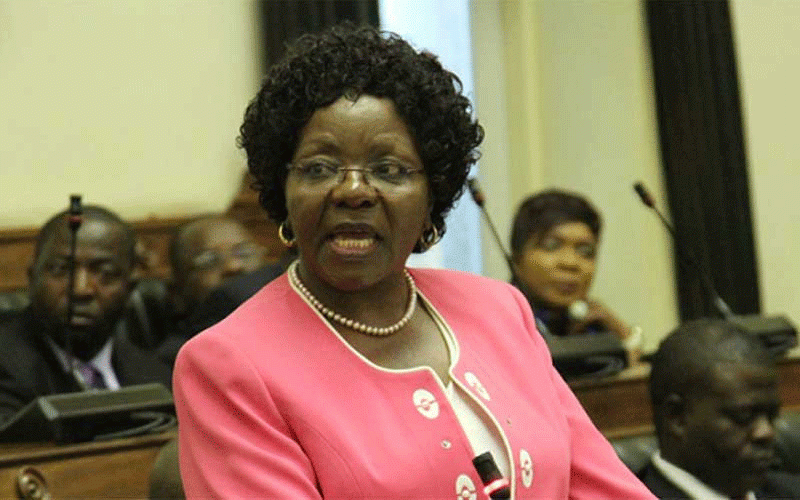
ZIMBABWE’S Industry and Commerce Minister this week escalated plans to revive closed manufacturing firms as concerns over basic commodity shortages rose.
Sithembiso Nyoni, who switched portfolios in a post-election reshuffle in August, said if reviving bankrupt firms was difficult, investors should expand current operations to give them fresh capacity and meet demand in a country that has traditionally turned to South Africa for cheaper goods.
In the past few weeks, unsettled authorities have been holding back-to-back meetings with producers as hints of potentially deeper food shortages surfaced, triggering panic buying on the market.
In a repeat of the crisis that affected markets during hyperinflation in 2008, products in short supply have surfaced in the black market, where prices are high.
While market worries had been compounded by forecasts of an El Nino induced drought, industrial lobbies said in October they were worried by weak growth in the manufacturing sector.
According to Treasury, growth in the manufacturing sector was subdued at 2,5% in 2023, from 2,6% in 2022.
In an interview with the Zimbabwe Independent, Nyoni said while investors into some of the most affected sectors had responded to calls to open companies, existing investors would also stem shortages by expanding their operations.
“We are calling upon the private sector, as we go into the new year, to look into their capacities and revive some of the companies,” Nyoni said.
She said in the past few weeks, she had met investors who have expressed interest in setting up sugar milling and cement production companies, which are among sectors worst affected by hurdles including cheaper imports.
Domestic cement production has been affected by smuggling cartels, who have flooded Zimbabwe with foreign cement, triggering fears consumers will swing to cheaper products and suffocate domestic producers.
The country’s three cement makers - Khaya Cement, PPC Zimbabwe and Sino Zimbabwe — said last year they were producing far higher output than what the markets required.
In the past year, they convinced government to bloc cement imports to protect their operations.
High production costs in Zimbabwe, which is battling to forestall an inflationary surge and currency volatility, have forced consumers to turn to smuggled products, which land on the domestic market way cheaper, even after being shipped over long distances from countries like Zambia.






